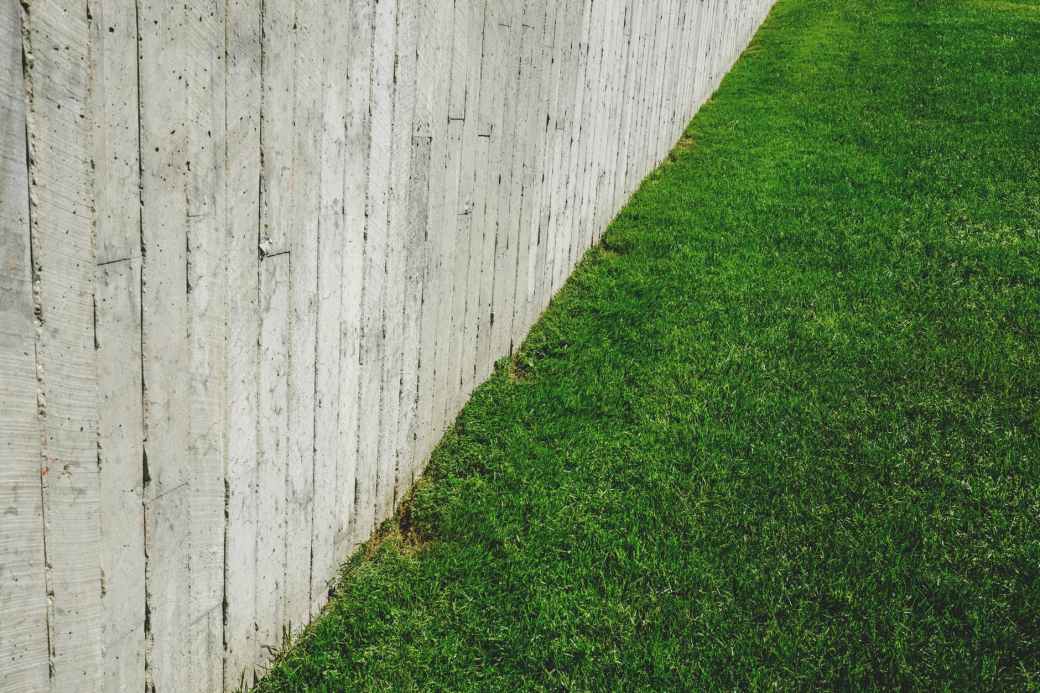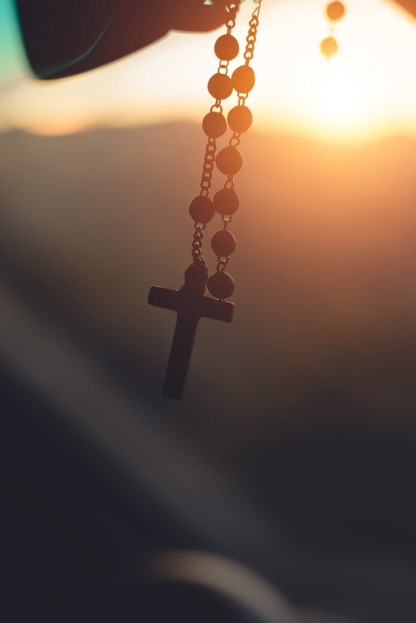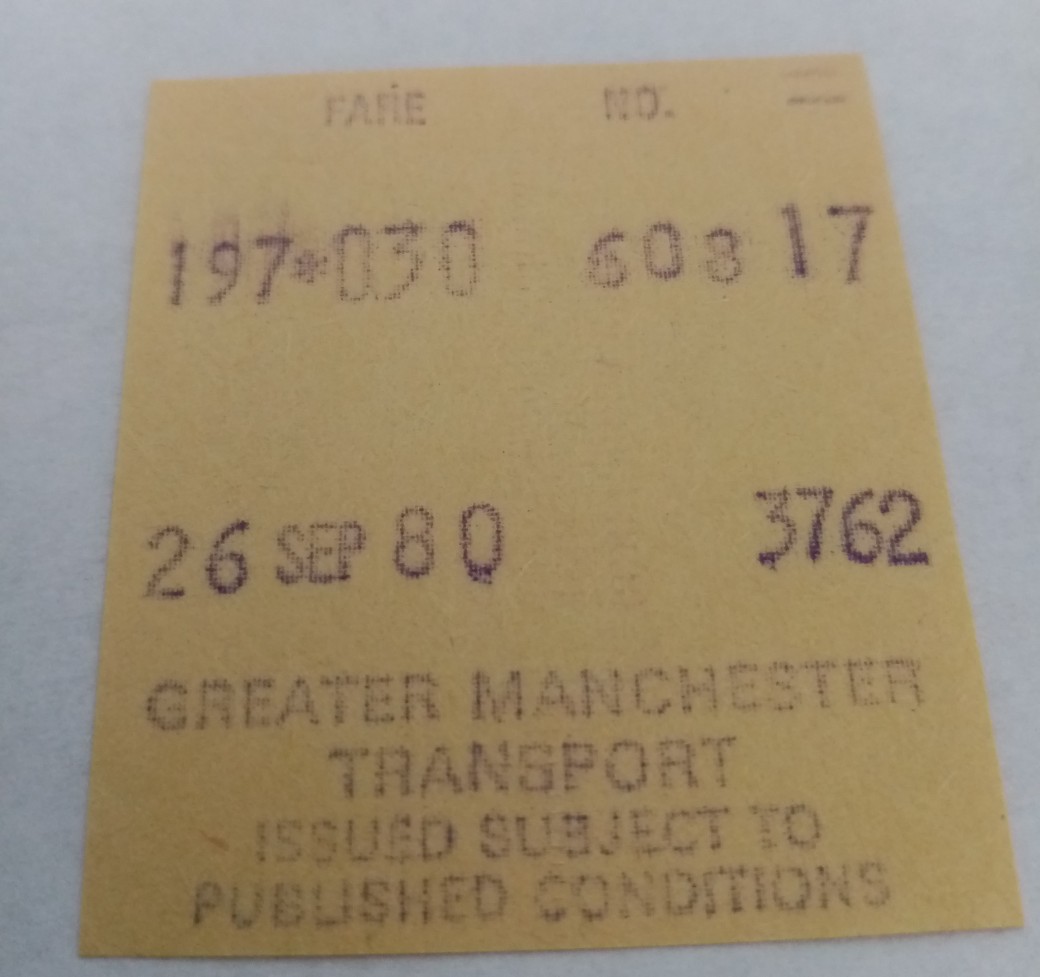
Photo by Trace Hudson on Pexels.com
I recently read E. M. Blaiklock’s translation of ‘The Practice of the Presence of God’ by Brother Lawrence, and in the introduction he writes this; “I had been a Christian for two years and knew all the stress and hard thinking which academic life imposes on an honest young man, seeking to integrate faith, life and learning“.
In bringing this extended reflection to a close I am reminded of that last sentence because it reminds of my experience and goal. That integration is what I have sought throughout my life of faith – through everything those qualities have come through and as I write this I am tempted to ask where I am in my faith journey today. In a sense it is a ridiculous question as though faith could be pinned down or captured like a fly in amber. Because of its very nature faith is a dynamic thing that changes and adapts as life itself changes. But the essential nature and challenge of faith stays the same, defined many times yet tantalizingly beyond definition. Many will quote the first verse of Hebrews 11 (I like the translation offered by the Jerusalem Bible);
“Only faith can guarantee the blessings that we hope for, or prove the existence of the realities that at present remain unseen”.
And St. Augustine’s definition (which takes some thinking about);
“Faith is to believe what you do not yet see, the reward for this faith is to see what you believe”.
And in my more radical moods I like the words of Richard Holloway;
“I ended up with this funny existentialism – that there may be no God in the universe but let’s live as though there is, and even if we are wrong, it will be a glorious way to be proved wrong”.
I think that what he is talking about is a sort of agnosticism, we may not know the ends or the ultimate truth but if we live as though we do, it will make a great difference!!
******
So it goes without saying that faith remains important and as I have written here before faith is not proof. Often some Christians put so much energy into trying to prove the faith that it is easy to forget the scriptural injunction that reminds us that we ‘walk ‘ by faith and not by sight. Faith remains, as does trust, rationality, intelligence and hope. I believe that faith has to make sense (except when it doesn’t, that’s when trust comes in). Here are some old words from the prophecy of Jeremiah that worked when they were written but still have a lot of juice in them;
“I know the plans I have for you – it is Yahweh who speaks – plans for peace, not disaster, reserving a future full of hope for you. Then when you call to me, and come to plead with me, I will listen to you. When you seek me you shall find me when you seek me with all your heart I will let you find me – it is Yahweh who speaks” (Jeremiah 29; 11- 14).
When you think that that oracle was addressed to people who had lost everything and were far away from home it only makes it all the more powerful!
Faith, trust, rationality, intelligence and hope. I should add to those things the constant of change. My faith has changed over the years (and I take that as a sign of its health) – as have my circumstances. Retirement has been a major change, a loss of context and a general feeling of not being much use is gradually being replaced by a sense of calm as I orientate myself in a different direction. It is more than just a chance to “read all those books I never had a chance to read” as some put it. It is also about discovering a vocation within changed circumstances and that is very much a work in progress! After, all, it occurs to me that monks pray constantly with no other context but the act itself, surely I can maintain my reading and praying simply for its intrinsic value?
Any life of faith is ultimately a pilgrimage, a journey and this metaphor contains within it hidden depths for thought and reflection, as well as being a useful and time honoured way of thinking about religious faith. A pilgrim sets out for a goal but takes the process of reaching that goal seriously (just read John Bunyan’s ‘Pilgrim’s Progress’ if you doubt that!). No matter how many preachers, and books, and attitudes to Christianity that make it seem like a ‘quick fix’, there are no such fixes here, there is just the faithful traveller, the road, and the companions you meet on the way. I find it fascinating that before Christians were called by that name (sometime in the first century in Turkey), they were known simply as followers of the Way. I think that Paul described this journey towards truth memorably in his reflection in I Corinthians;
“Now we are seeing a dim reflection in a mirror; but then we shall be seeing face to face. The knowledge that I have now is imperfect; but then I shall know as I am fully known”
Like the people in Trace Hudson’s glorious photograph I have always believed that we are all journeying towards the light. I have believed for years that God is love and that God will not let any part of creation go, and that in good time everything will be renewed – I know that I am flirting with ‘universalism’ which is very controversial in theological circles, but I prefer that to ‘infernalism’ that sees God condemning millions to the darkness and the gnashing of teeth.
In the end everything comes down to God and the most radical statement in the whole Bible; “God is Love” (1 John 4; 16). In the end that conviction is where all journeys begin, continue, and end, and in the words of T. S. Eliot from his poem ‘Little Gidding’;
“We shall not cease from exploration
And the end of all our exploring
Will be to arrive where we started
And know the place for the first time.
Through the unknown, remembered gate
When the last of earth left to discover
Is that which was the beginning;
At the source of the longest river
The voice of the hidden waterfall
And the children in the apple-tree
Not known, because not looked for
But heard, half-heard, in the stillness
Between two waves of the sea.
Quick, now, here, now, always –
A condition of complete simplicity
(Costing not less than everything)
And all shall be well………….”







